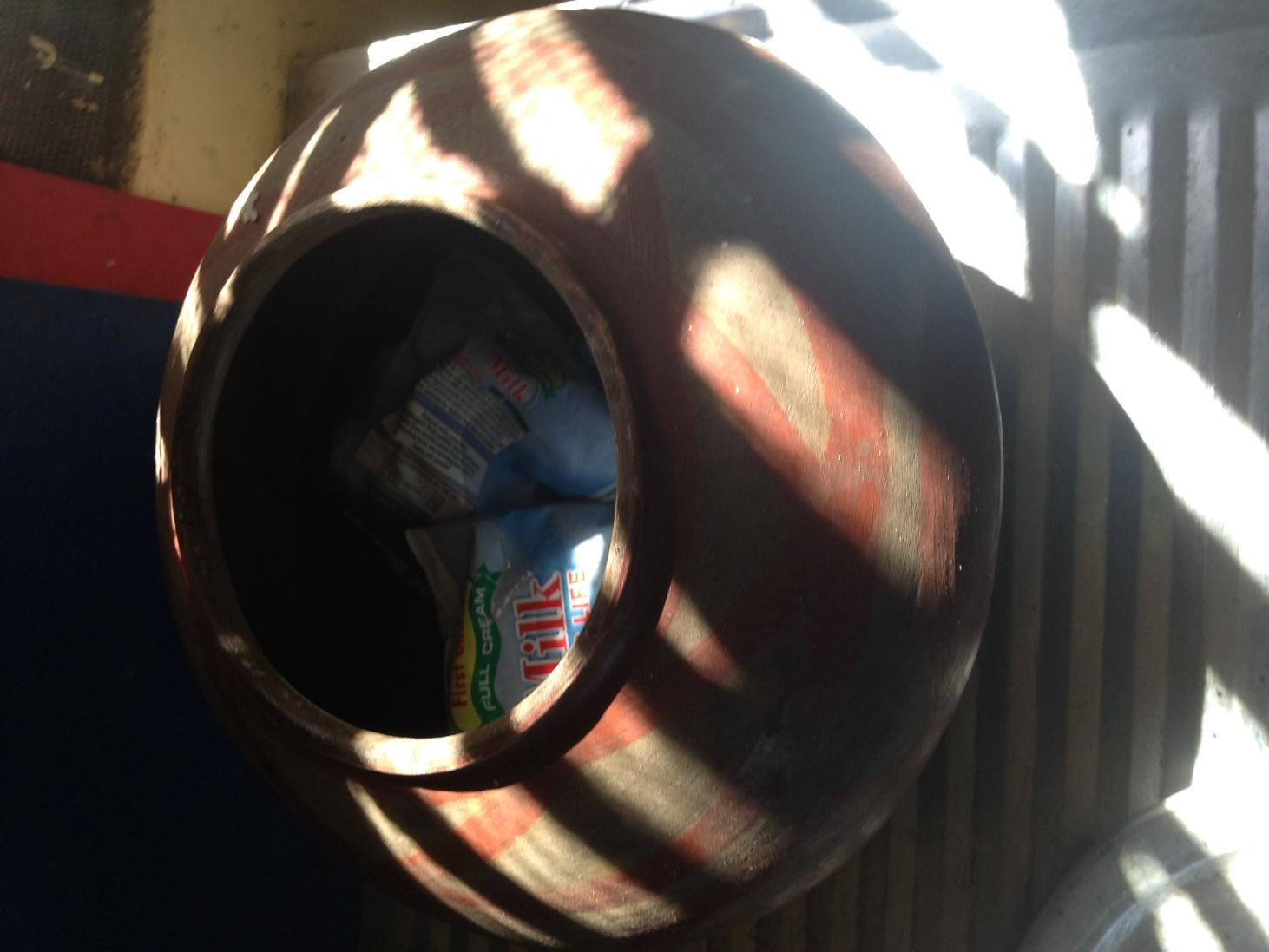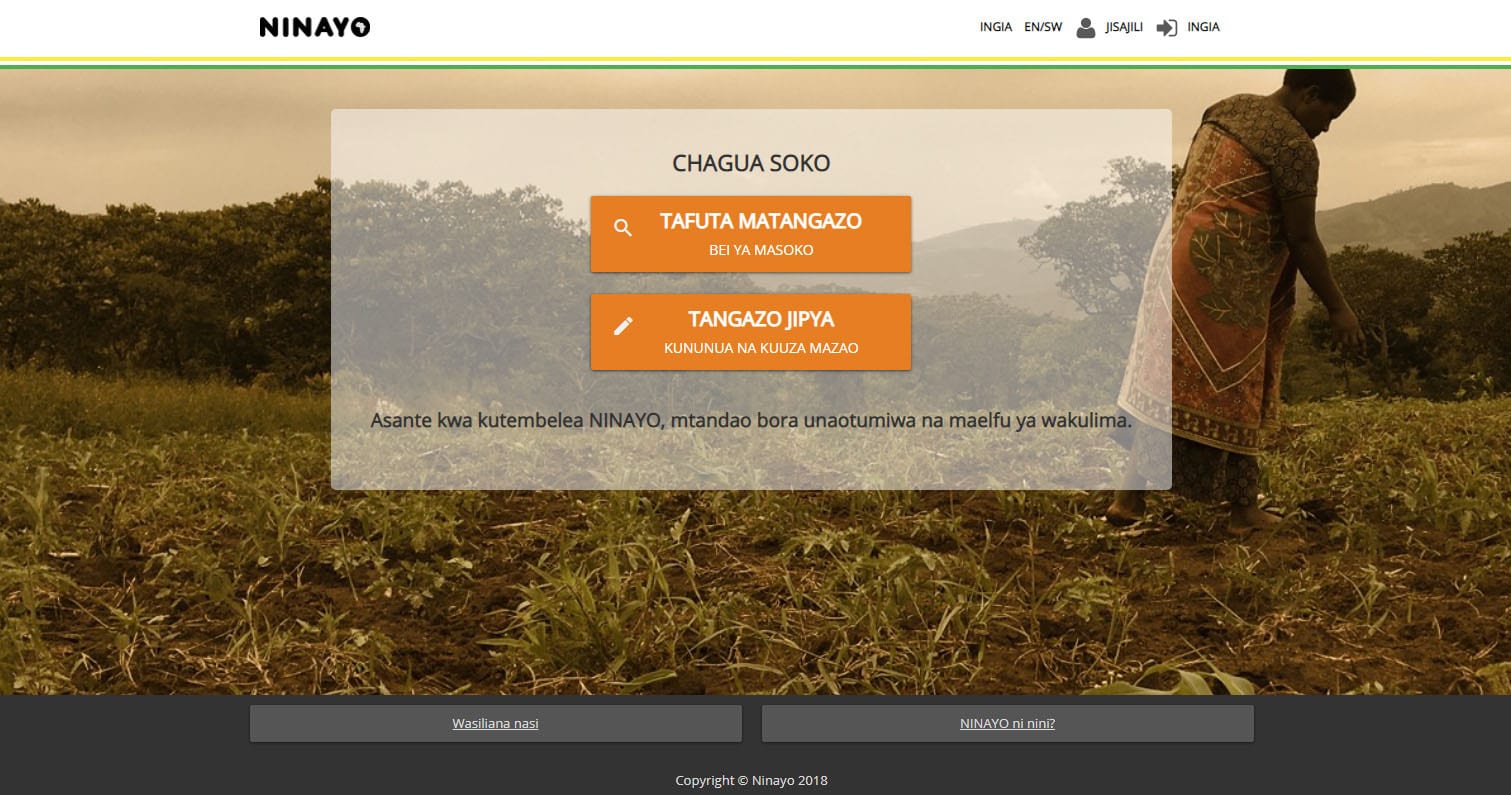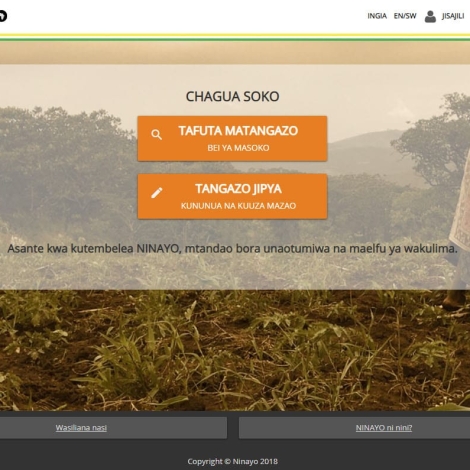I saw local innovation that solves problems with low-cost and inventive technologies at work in a rural Tanzanian village. Stepping into a community for the first time, I was confronted with technology that was novel to me, but it was so familiar to my neighbors that they laughed at my curiosity. These innovations had become a facet of day-to-day life.
See Megan Richardson’s briefing on our Research page: Technology and Innovation in Tanzania
Decentralized water systems
In rural areas, decentralized water systems often replace public water municipalities, commonly grown alongside growing demand. These distribution systems can either be designed as raised tanks or constructed reservoirs at higher elevation, both of which can accommodate irregular electricity when designed as gravity-driven systems. In addition, by bringing an accessible water source closer to people’s homes, the burden of daily water collection is reduced and both time and energy can be saved. And ultimately this community-scale technology provides better access to an essential resource, safe drinking water.
Evaporative cooling
In areas where electricity can be intermittent, power surges and disruptions take a toll on household electrical appliances. Combining the shortened lifetime of devices with their price, diminished functionality, and even the running-cost of drawing significant power, sometimes the effective technology is the simplest available. One example of low-tech innovation that accommodates poor power access is the earthenware cooling pot. I heard people call it a “local refrigerator.” It operates on the principle of evaporative cooling; when water in the pot evaporates, energy is drawn from surroundings creating a local cooling effect. Users can take advantage of this evaporation by placing a storage pot covered in a damp cloth in the cooling pot, essentially cooling the foods stored within. In hot environments, this technology can prevent foods from rotting prematurely at a fraction of the cost required to buy and run a full-scale refrigerator.

Farming apps
ICT (Internet and communications technology) solutions have spread rapidly through Tanzania as mobile phones become more accessible to rural populations. Innovative online platforms such as Ninayo are extending the online marketplace to rural villages. This ICT4D (ICT for development) solution uses crowd-sourced data to create visibility of crop prices and demand, aiding the farmers who sell their crops and the processing organizations that choose crops to purchase. Through this online connectivity, organizations such as Ninayo enable farmers to boost their selling power and prevent crops from rotting while they’re waiting to be sold.

It’s clear that technology is seeping into all aspects of life in Tanzania and around the world. From water to food and communication, technology is enabling innovative ways to solve problems in daily lives.

